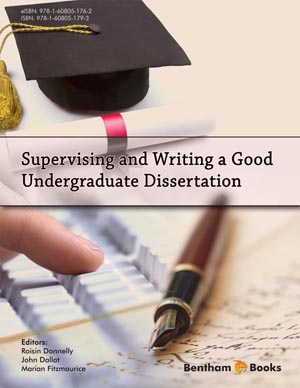Abstract
In our text we describe and discuss the practice of anti-oppressive education as norm criticism, and the teacher’s self-reflexivity. This is exemplified by an attempt to create a learning environment within higher education where we– together with the students– critically examine norms, power relations and processes of dominance and subordination, in the larger society as well as in our own classroom. Mainly it is about our attempt to introduce and use “master suppression techniques” as tools for understanding, detecting and defining teacher power in the classroom. It is also about some of the dilemmas and paradoxes that we identified in this process and afterwards. One of the dilemmas that confronted us was a sort of “trade off” between letting the students critically examine our position of power and us actually willing to “give up” some of our formal rights and privileges in the classroom. Finally we discuss how the norm critical stance risks become a norm in itself.
Keywords: Anti-Oppressive Education, Norm Criticism, Self-Reflexivity, Teaching, Power, Classroom Dynamic, Gender, Diversity, Problem-Posing Pedagogy, Higher Education, Master Suppression Techniques, Sweden, Norms, Queer, Social Work, Social Pedagogy.














